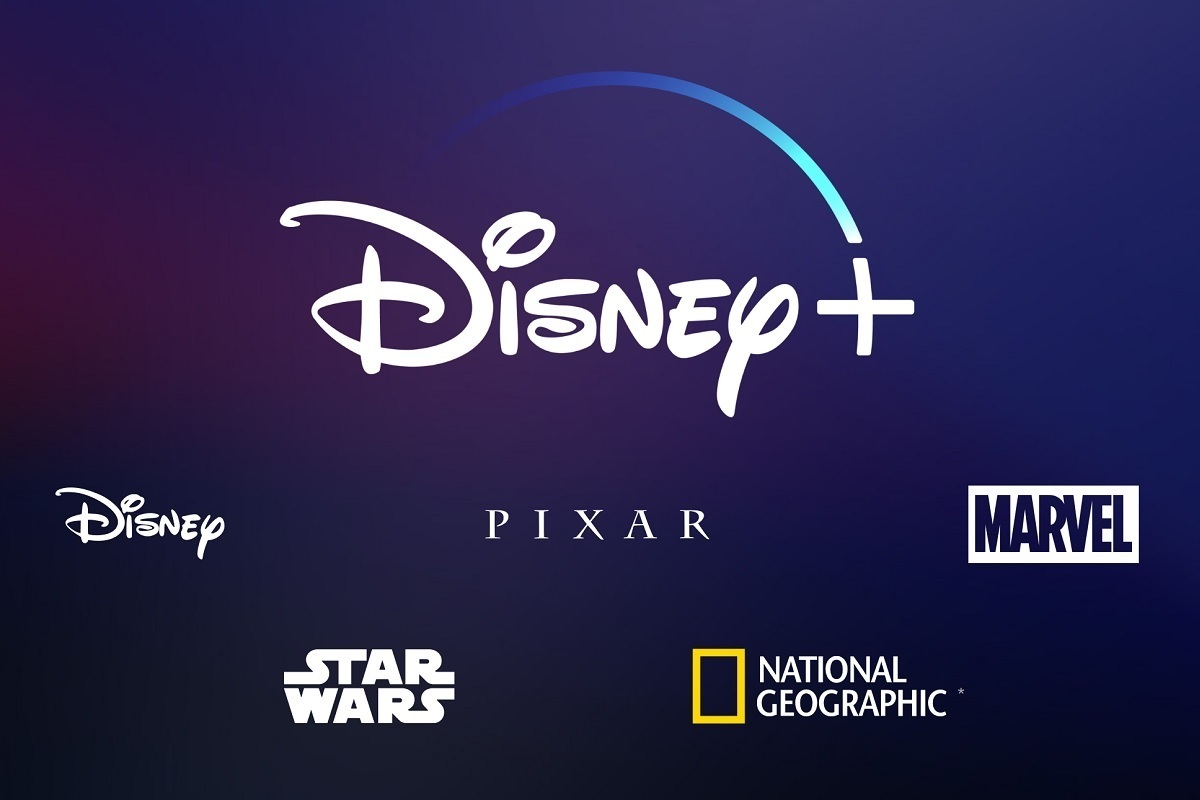Disney will stop vaulting films soon

Disney's getting ready to compete in the streaming war with Netflix, and it's not messing around: it emerged yesterday that they're quietly working on ending its long-held tradition of 'vaulting' movies so they can be available on Disney+ permanently when it launches.
The Disney vault is an infamous practice of releasing movies on a finite, restricted schedule, before halting sales for a long period. If you want to go and buy Aladdin right now, you'll be stuck with either second-hand copies or piracy, because the company uses the tactic to artificially limit supply.
This practice has been going on for decades, and it mostly just annoys consumers. If you want to pay money to legitimately watch The Lion King, you better hope it's out of the vault, or you have your own copy, or you'll end up looking for a pirated copy in short order.
Today, Disney moves 34 movies in and out of the vault, including The Lion King, Beauty and the Beast, Aladdin, Dumbo and so on. With Disney+, the upcoming streaming service, the vault program will end and even these popular movies will live there permanently.
It's a big, bold bet on exclusivity and nostalgia. Many of us, myself included, would spring for a Disney+ subscription instantly to watch the classics alone, but then there's the additional exclusives to sweeten the deal. The service will launch with Marvel and Star Wars' catalogue in addition to the 'vaulted' movies, and it'll be the only place to get them.
That's a big deal, and a huge bet that consumers will come running. It's likely to normalize consumers paying for at least two streaming services, as it gets harder to avoid having a Netflix subscription given how much original content it's pumping out as well.
Airbnb gets into bed with HotelTonight
Once exclusively for sharing an 'Air bed and breakfast,' Airbnb is now pivoting into.... hotel bookings!
The company has been on a road to diversifying itself over the last few years, with new hotelesque service like 'Airbnb Plus' and access to 'experiences' in cities, but this acquisition cements itself as a travel platform rather than simply focusing on the room.
It's a smart play: Airbnb can take an even bigger chunk out of the competition (Booking.com, Expedia and others) by being the default platform people use when booking a vacation or work trip. You're much more likely to book an actual Airbnb room if you're using the same platform to look for a hotel!
But, the acquisition is really focused on 'serving every guest'—from business traveler to big spenders on vacation—so that they don't go somewhere else when looking to book a vacation.
HotelTonight seems like a good match: it's a young company, with a good track record, and has successfully corralled the old-school hotel industry into thinking about room vacancies in a different way.
Airbnb's biggest challenge will be merging these different types of offerings into some sort of coherent play. Existing customers who expect to go to Airbnb for booking a room will find hotels being pushed too aggressively annoying, and the inverse is the same.
Finding a balance will be key, and this is the first time Airbnb really has had to do that. Essentially, it's reverse-engineering Booking.com, but y'know, without the thirsty TWO ROOMS LEFT, BOOK NOW OR MISS OUT popups.
Tab Dump
Huawei takes it up a notch: it's suing the US government
The argument? The US violated the constitution by banning agencies from buying its products, and it wants back into the country. I'm not sure Huawei is winning many hearts with these aggressive strategies, but it also seems to understand it's fighting for its life here.
Microsoft redesigns Skype (again) and it's good this time
Microsoft open-sourced its calculator app for Windows
This is crazy, because some of the code in this thing is legitimately dated 1995. I can't believe they've actually done this, given the complexity involved, and it's an admirable move.
Good read: what happened to all those "Uber for X" companies?
